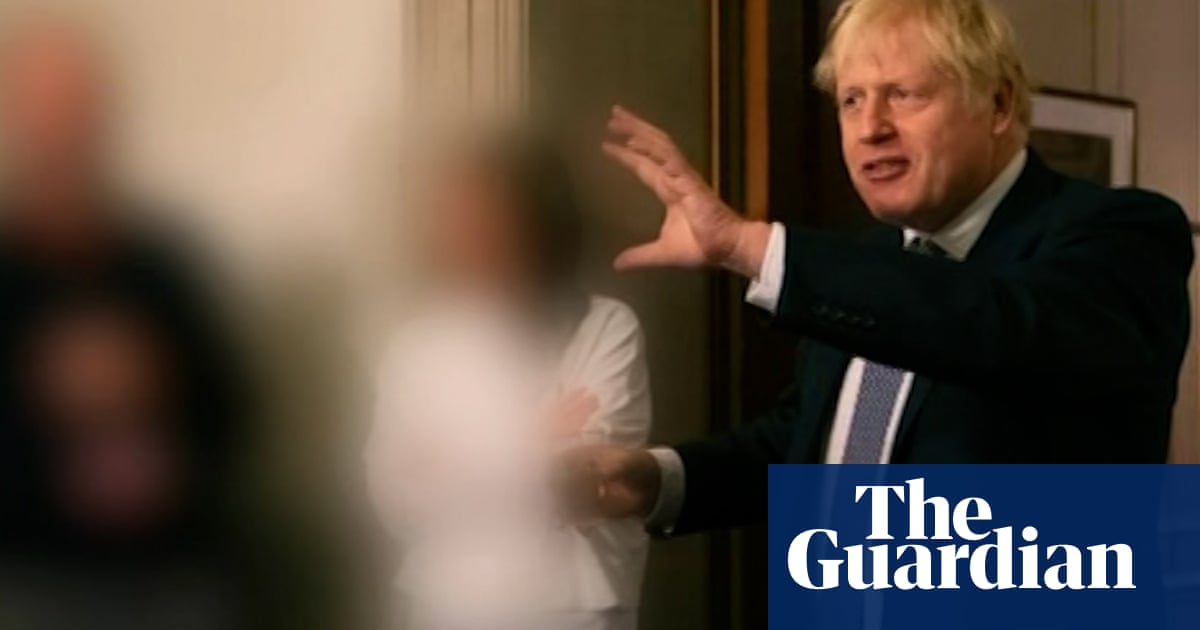
The richest 20% of Britons will have reduced their spending by around £23bn by the middle of June, according to analysis by the New Policy Institute that shows the coronavirus pandemic has allowed the better off an unprecedented opportunity to increase savings and pay down debts.
After three months of lockdown, reductions in the amount households spend on entertainment, sport, hair and beauty, eating and drinking and transport, those in the bottom fifth of the income scale will have reduced their spending by just £3.5bn.
Based on figures covering three months when much of the economy has been locked down, the study’s authors said the total of unspent money across all income groups is likely to reach £57bn.
As the government attempts to rein in its spending to prevent the public sector deficit from spiralling above 10%, the report will give ammunition to anti-poverty campaigners who argue the wealthy will be more able to afford higher tax rates to pay for the Covid-19 rescue measures.
Dan Corry, a former economic adviser to Gordon Brown and co-author, said: “While it is a matter of judgement exactly what to count, our estimate compiled using official statistics, suggests that the top fifth of households, numbering 5.5m, will have reduced their spending by some £23bn if the lockdown were to last for three months. Those in the second highest fifth of households will have reduced their spending by around £14bn over one quarter.”
Corry, who is chief executive of the New Philanthropy Capital thinktank, said spending on some items, like food to eat at home, will have gone up, and some debts may have been paid off and many households will have suffered a drop in earnings.
“But overall, the evidence is clear: the amount which households near the top of the income distribution have saved since the lockdown began is huge. By way of comparison: £23bn is equal to 4.5% of GDP, 48% of what the government gets in over a quarter from basic, higher and additional rate income tax payers combined.”
Earlier this month the Bank of England said bank deposits soared by £13.1bn in March, a record monthly rise. The figures covered only the first 10 days of the lockdown. If the rate of increase was replicated over 90 days, the total would reach £127bn.
Steve Barwick, director of the DevoConnect thinktank, which co-sponsored the report, said: “Our total figure is half that at £56.5bn which shows we have been cautious and it is possibly an underestimate.”
The top fifth of earners cut almost £15bn of spending on just three areas – holidays and accommodation, travel and transport, and eating and drinking out.
Earlier this year Richard Murphy, a professor in political economy at City University in London, said a wealth tax could raise up to £174bn a year to help cope with the Covid-19 crisis if the government taxed wealth at the same rate as income.
He said richer households had benefited from a system that taxed income at almost 10 times the rate of wealth.












